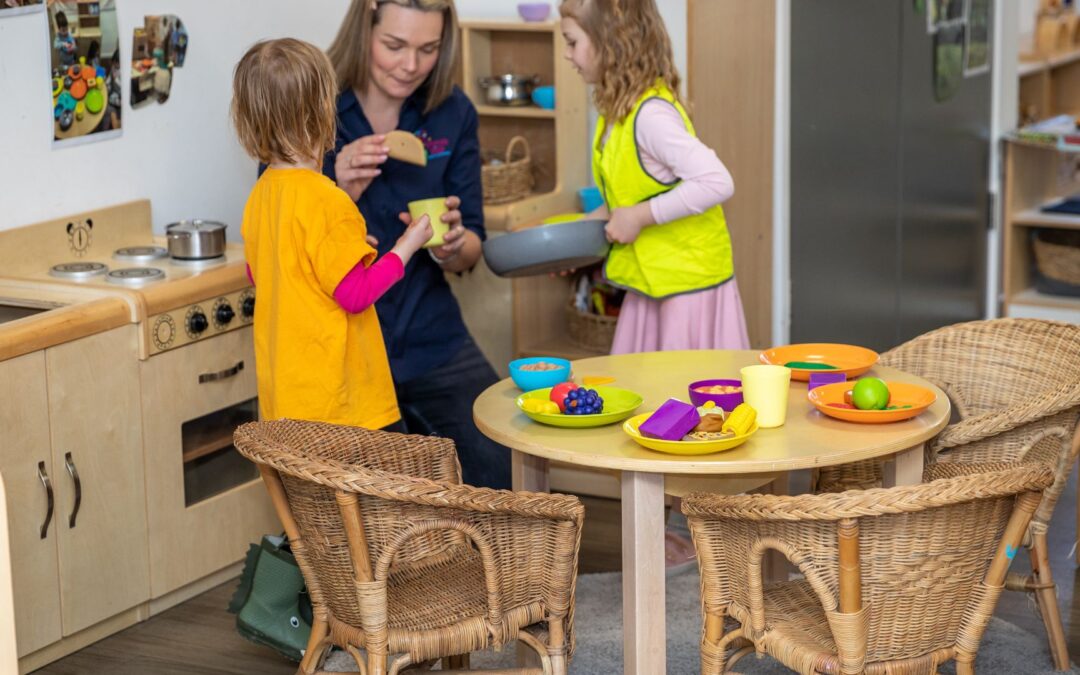Creating a positive childcare environment is crucial for early childhood educators aiming to support learning, emotional development, and overall satisfaction among young children under six. A nurturing and inclusive space not only enhances cognitive growth but also fosters strong relationships and a sense of belonging. Here are essential tips for childcare educators to promote a positive environment:
1. Establish Clear Expectations
Set consistent guidelines for behaviour and daily routines from the outset. Involve children in creating simple rules to encourage responsibility and engagement.
2. Design an Inviting Physical Space
Arrange play areas to stimulate interaction and exploration. Display diverse materials that reflect children’s backgrounds and interests. Consider creating cozy corners or flexible seating options to accommodate different activities and preferences.
3. Build Positive Relationships
Develop trusting relationships with each child based on empathy and respect. Take time to understand their individual needs, strengths, and interests. Foster a supportive atmosphere where kindness and cooperation are valued.
4. Promote Open Communication
Create opportunities for children to express themselves through words, art, or play. Listen attentively and respond with encouragement and support to help them articulate their thoughts and feelings.
5. Celebrate Diversity
Celebrate and embrace the unique qualities and cultural backgrounds of each child. Incorporate stories, music, and activities that reflect diversity to promote understanding and appreciation among children.
6. Encourage a Growth Mindset
Encourage children to embrace challenges and view mistakes as opportunities to learn. Praise their efforts and perseverance, and provide activities that build confidence and problem-solving skills.
7. Use Positive Reinforcement
Acknowledge children’s achievements and efforts with specific praise and encouragement. Use positive reinforcement techniques such as stickers or special privileges to motivate positive behaviour.
8. Support Emotional Well-Being
Create a safe and nurturing environment where children feel comfortable expressing their emotions. Teach calming techniques and offer reassurance during transitions or moments of distress.
9. Facilitate Play-Based Learning
Design activities that encourage imaginative play, collaboration, and exploration. Provide materials and toys that stimulate creativity and problem-solving, fostering social skills and curiosity.
10. Reflect and Adapt
Regularly assess the effectiveness of your interactions and activities. Seek feedback from colleagues and parents to continuously improve and tailor your approach to meet the developmental needs of young children.
By implementing these strategies, childcare educators can cultivate a positive and enriching environment that supports the holistic development of young children. Creating a warm and inclusive space where each child feels valued and supported lays the foundation for lifelong learning and well-being.


Recent Comments